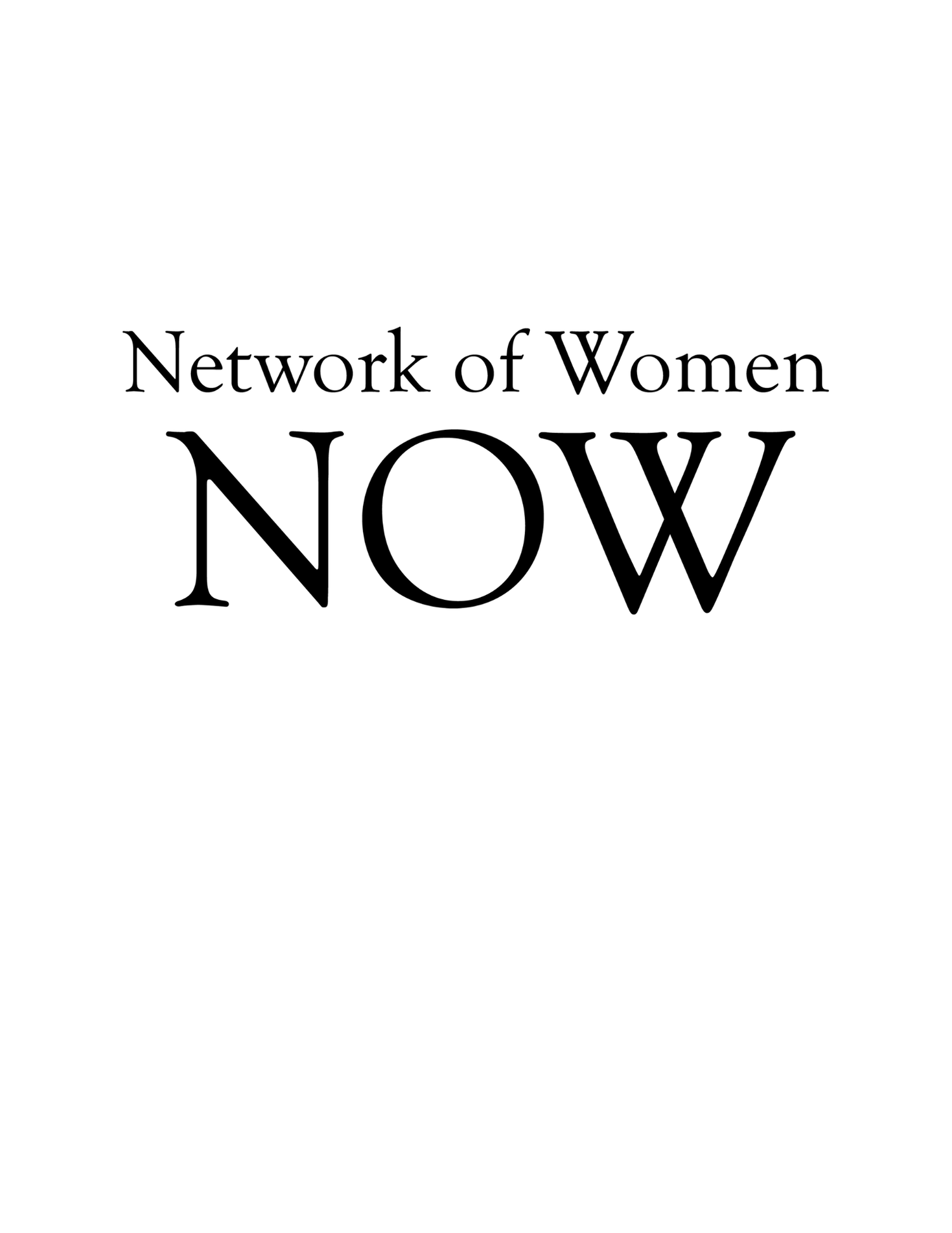How does period poverty affect menstruating girls in public schools in Louisiana?
The Louisiana Menstrual Equity Project: Increasing Access to Menstrual Products Among High School Girls
Louisiana is now tasked with an obligation to examine the concept of “period poverty.” Period poverty refers to the inadequate access to menstrual hygiene tools and education, including, but not limited to: sanitary products, washing facilities, and waste management.[1] This concept is not new around the world but has been difficult for many Americans to grasp; yet this has been a persistent form of poverty for many years in the United States. Louisiana legislators are attempting to pass HB117[2], which requires public schools to provide free menstrual products to menstruating students. Once the bill is passed into law, public school administrators will be faced with the task of putting mandated protocols in place without understanding one question: How does period poverty affect menstruating girls in public schools in Louisiana?
Since 2015, solving the issue of period poverty has been increasingly addressed by the introduction of sweeping legislation across the United States, both federally and state-wide, attempting to offer solutions to combat period poverty. At least 30 states and the District of Columbia have laws easing access to menstrual supplies.[3] Each piece of legislation includes the elimination of sales taxes on menstrual products or free menstrual products (sanitary pads and/or tampons) in correctional facilities, public facilities, and restrooms. In 2021, the Louisiana Legislature enacted R.S. 47:305.75[4] removing state sale taxes from the purchase of feminine hygiene products and diapers beginning on July 1, 2022. “Feminine hygiene products” means “tampons, menstrual pads, sanitary napkins, panty liners, menstrual sponges, and menstrual cups including washable and disposable versions of these items.”[5]
The Louisiana Menstrual Equity Project organized by Network of Women NOW is a forum designed to advise, adopt, and share useful approaches for improving the knowledge of period poverty to significantly increase student access to menstrual products in Louisiana. This forum will make recommendations for law makers, school administrators, parents, students, and the community to assist with making informed decisions as they pertain to period poverty in Louisiana. The passage of laws to end period poverty is a necessary step towards chipping away at barriers that hinder gender equality and reproductive health awareness. Louisiana can be a role model for other states looking to find reasonable approaches to end period poverty for good.
[1] Alvarez, A., (October 31, 2019), “Period Poverty,” American Medical Women’s Association, Retrieved from https://www.amwa-doc.org/period-poverty.
[2] Louisiana State Legislature. (2023). HB117. Retrieved from https://www.legis.la.gov/Legis/BillInfo.aspx?s=23RS&b=HB117&sbi=y.
[3] Fouladi, F. (2023). “State Actions to Increase Access to Menstrual Products.” National Conference of State Legislators. Retrieved from https://www.ncsl.org/health/state-actions-to-increase-access-to-menstrual-products#:~:text=At%20least%2012%20states%20and,menstrual%20products%20in%20homeless%20shelters.
[4] Louisiana State Legislature (2021). LA R.S. 47:305.75.
[5] Richard K. J. CPA (2022). “State Sales Tax Exemption for Feminine Hygiene Products and Diapers Effective July 1, 2022.” Policy Services Division: Revenue Information Bulletin. Louisiana Department of Revenue. Retrieved from https://revenue.louisiana.gov/LawsPolicies/RIB%2022-012%20State%20Sales%20Tax%20Exemption%20for%20Feminine%20Hygiene%20Products%20and%20Diapers%20Effective%20July%201%202022.pdf.

